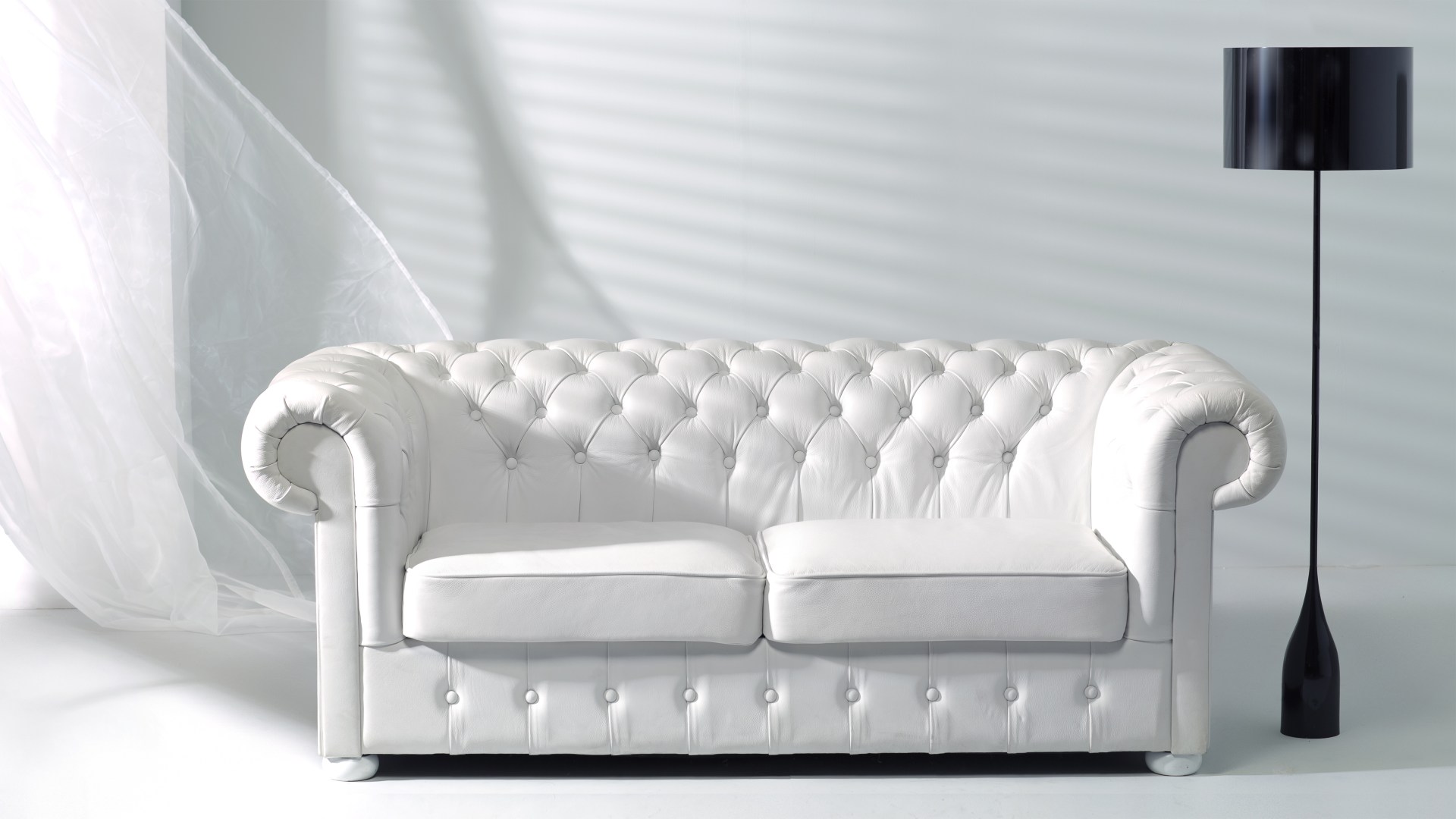One of the most gratifying experiences during my workweek is “inbox zero.” It’s when I have responded to, filed, or deleted all of the emails I receive in a given week. Some have called it the “Holy Grail of the digital lifestyle,” seemingly impossible because responding to emails only brings more…email. The pileup makes us anxious, each message carrying with it a decision to make, a task to complete, or a conversation to keep going. The inbox zero philosophy promises that a clean mailbox means a clean mind.
That even our digital “stuff” feels burdensome indicates a broader cultural distaste for clutter. At the peak of rampant materialism and must-have accessories, we have embraced a less-is-more mentality. Bloggers proudly declare how much one can do with little. A family of 4 can live in a 700-square-foot house. Anyone can stay stylish with a 30-item wardrobe. You don’t need all those dishes, bins of holiday decorations, or kids’ toys.
For much of history, possessions indicated wealth, and for many people, they still do. Since the 1950s, US homes have more than doubled in size to accommodate our belongings. Yet somewhere along the way, instead of signaling the good life, having too many possessions came to feel like the opposite. For extreme examples, the reality TV show Storage Wars depicts sad, forgotten remnants locked up in storage units. And Hoarders laments the struggle of excessive attachment to household items. No wonder minimalism—a lifestyle choice for the privileged, a necessity for the needy—has taken off.
Some Christians have embraced the trend, convicted to better steward their resources. After all, Jesus taught that “one’s life does not consist in the abundance of his possessions” (Luke 12:15, ESV). The writer of 1 John reminded early Christians that taking pride in what we own “is not from the Father but is from the world” (2:16).
Joshua Becker, blogger at Becoming Minimalist, said, “I used to view Jesus’ teachings—on money and possessions and generosity and not stockpiling treasures on earth—as a sacrifice I was called to make…. But I began to realize that Jesus was just offering us a better formula for living.” In other words, minimalism isn’t just good practical sense, it’s also good for the soul. Anyone who has dropped off a load at Goodwill knows the relief that comes with living with less.
This emotional payoff is the focus of a bestseller on The New York Times advice and how-to list. In The Life-Changing Magic of Tidying Up, organizational guru Marie Kondo invites readers to evaluate their belongings, asking, “Does it spark joy?” If it doesn’t, it gets purged. When our homes are in order, our lives are in order, declares Kondo.
How I wish to believe her. An organizer by habit, part of me wants to “kondo” my socks and underwear into neat folded packets. Just as I nod in satisfaction at my cleared-off bathroom countertop or empty inbox, I wonder what burst of happiness might come from making every nook and cranny of my life just a bit neater.
Most of us could benefit from listening to the league of minimalists, from sifting through our clutter to thinking twice before adding new stuff. But even the spendiest collectors know that; we all acknowledge that stuff can’t make us happy.
On the surface, minimalism seems like a holier pursuit than materialism. Won’t it make us more like Christ, who told his followers to leave their belongings behind?
But treating any lifestyle change as the real key to happiness usually means idols are lurking underneath. As writer Pamela Druckerman recently noted in The New York Times, “It’s consoling to think that, beneath all these distractions, we’ll discover our shining, authentic selves, or even achieve a state of ‘mindfulness.’ But I doubt it. I’m starting to suspect that the joy of ditching all of our stuff is just as illusory as the joy of acquiring it all was.”
The truth is, no matter how little we have or how neat our homes, on this side of eternity, we’ll always carry with us the sense of being weighed down. Messiness and material items are inevitable in a messy, material world.
And while our possessions will be of no use to us in heaven, they remain a necessity here on earth. The things we own are often the tools for living our lives with hospitality, generosity, and service. Clutter or no clutter, God calls us to shuffle through our goods to prepare for his kingdom, the place he has perfectly prepared for us.










